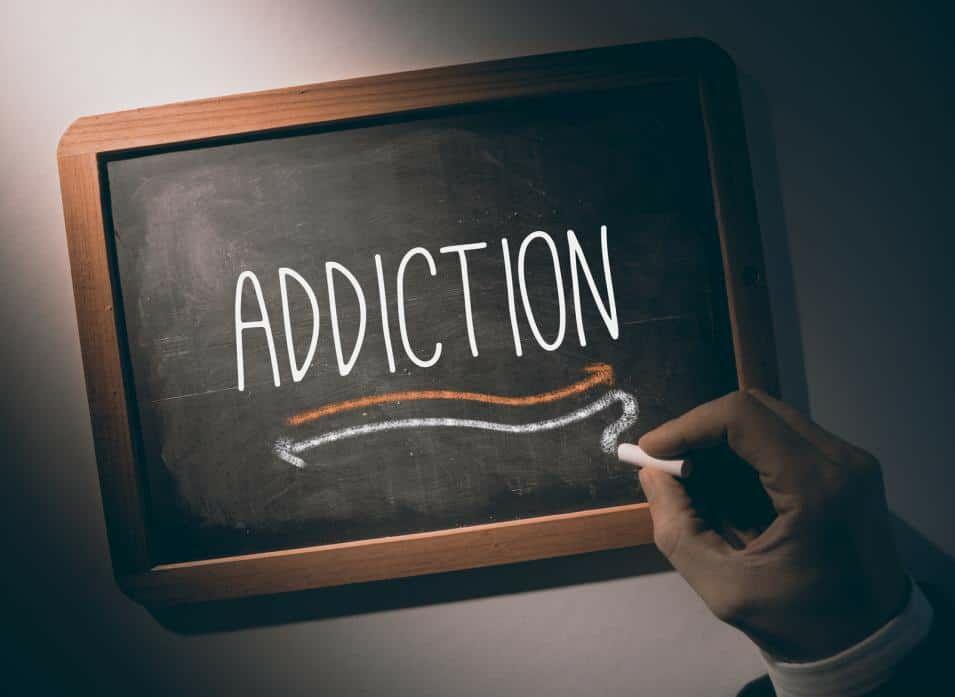Sobriety is not guaranteed once a person has undergone rehabilitation. Rehab teaches a person how to remain sober. It can also support a person through the recovery process. To achieve sobriety, a person must manage triggers both during and after treatment. If this is not done, a person remains vulnerable to relapse.
Triggers are powerful and they can pull a recovering addict back to their addictive behaviors months after undergoing treatment. This explains why some recovering addicts search for phrases like, ‘rehab near me’ (https://addictionresource.com/drug-rehab/locator/ more information here). Essentially, they want to visit the nearby rehab for assistance after relapsing. This facility can provide the information and assistance that a person needs to get back on their recovery track.
Regardless of the substance that a person has been abusing and the duration they stayed in a rehab center, they should learn to combat triggers. This is very important when it comes to maintaining sobriety because triggers will always be present and they should be managed. Even when undergoing treatment, a person is surrounded by temptations and they can easily lure them back to addiction.
Triggers can be in the form of mental condition, the discomfort that a person experiences during detoxification, and stress. Nevertheless, the right treatment guides a person and teaches them to cope accordingly.
Identifying Triggers
Research indicates that preventing relapse is an important aspect of addiction recovery. The first step in the process of managing triggers is identifying them. The physical condition and emotional state of an individual are the first factors that may derail sobriety.
A poor mental state and negative feelings can make a person feel low or compelled to use addictive substances again. Eventually, the need to search for ‘drug rehab near me’ online can arise if a person starts using addictive substances and realizes that they are back to square one.
When undergoing treatment for drug addiction, a person gets substantial counseling. This involves teaching them how to indulge in healthy, positive practices that lessen the triggers’ severity. However, triggers can only be countered if they have been identified. As such, it’s crucial to recognize psychological and physical symptoms that signal an imminent relapse.
Physical symptoms can include:
- Stomach tightness
- Feelings of unease and nervousness spread throughout the body
Psychological symptoms can include:
- Memories of addictive behaviors
- Thoughts of how using drugs felt
- The desire to enjoy something ‘more’
If a person experiences such symptoms of relapse, they should prepare to resist or avoid them so that they can maintain sobriety.
Common Forms of Triggers
The more a person knows about their triggers the more they are likely to manage them successfully. Triggers can be grouped into two major categories. These are;
- Stress indicators that are associated with past drug experiences
- Physical exposure to addictive substances
This categorization depends on the settings and environmental factors that a person is exposed to. If a person lives in the same environmental or societal setting after rehab, they will be exposed to the same culture of abusing illicit drugs or alcohol. As such, they are more likely to face strong triggers. And, this can happen when a person is recovering from addiction. If a person chose an outpatient program, it means they return home to an unstable environment every day. This can prompt them to revisit previous compulsions.
In addition to these categories, a person can desire to indulge in their previous addiction whenever they see people using it. The same desire can be triggered by contact with individuals that a person associates with substance abuse. If not careful, a person can end up relapsing and eventually searching for ‘drug counseling near me’ on realizing that they need help to regain sobriety.
Fighting Addiction Triggers
Addiction triggers are unique to every person. And every recovering addict has to fight them. Rehab counselors assist and support individuals when it comes to developing a plan for preventing a relapse. Specialists at a drug rehab educate a person about the negative effects of abusing drugs. They also help them to engage in healthy activities. However, fighting triggers is a battle that a person has to fight. And, their success in this battle depends on their willingness and determination to remain sober.
Research indicates that most individuals seek treatment because they want to learn how to prevent a relapse. And, identifying triggers is the first step in preventing a relapse. When a person detects their triggers, they can avoid or fight them off. Factors that stimulate a person to abuse an addictive substance are present in their environment. For instance, driving past the place where they used to drink alcohol can evoke memories that can trigger a relapse.
Social triggers may include exposure to addictive substances and watching people use them. Emotional triggers are difficult to identify. That’s because they are complex and difficult to manage. But, they can easily drug a person back to their addictive behavior. To develop a plan for managing triggers, a person should highlight them and their symptoms. They should also come up with measures for fighting them back. This can easily prevent relapse and the need to search for ‘drug rehabs near me’ when a person realizes they need help to get back on track.
What’s more, a person should keep in touch with their counselor after undergoing treatment. That’s because the counselor can help them get support and relief from triggers. They can also help them understand their struggles and stay on the path to recovery.
The Bottom Line
Long-term sobriety can only be achieved by getting the right professional help. However, a person should also get support and learn to identify and manage triggers during and after treatment. They should develop mechanisms and habits for coping alone. That’s the only way a person can avoid relapsing and the need to search for ‘drug rehab centers near me’ online after realizing they need assistance.
